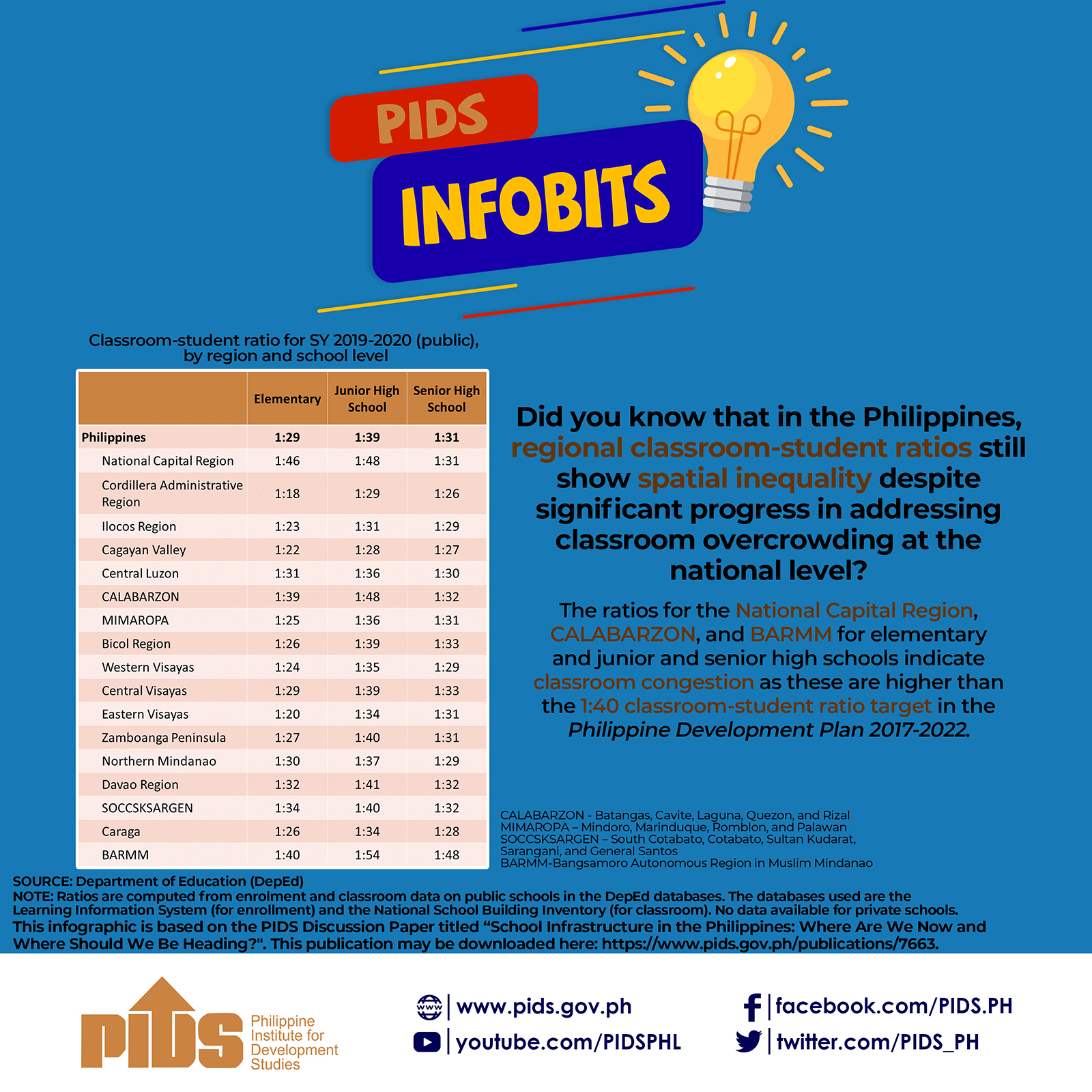Dara Mae Tuazon, the 19-year-old founder of Bangketa Eskwela, is the first recipient of The One Philippines Humanitarian Award
In a makeshift tent along an alley in Bambang, Manila, children are bent over worksheets, not minding the honking cars and chatter that surround them. In front of the kids is a petite teenager with a warm smile.
“'Asan ang mga mata 'nyo? Saan dapat nakatingin ang mga mata? Kay teacher (Where are your eyes? Where should those eyes be fixed? At teacher)!” 19-year old Dara Mae Tuazon sing-songs.
What started off as a 3-student tutorial along the streets of Gastambide has now grown into a full-fledged sponsored foundation that teaches close to a hundred street children from various barangays in Manila.
Founded by Tuazon, Bangketa Eskwela organizes outreach programs in different barangays. The focus of these programs ranges from literacy programs to seminars on good parenting and child-rearing skills. (READ: How is education being disrupted by technology?)
Tuazon is an elementary education major at the University of the East (UE). She has found her calling in teaching street children how to read and write.
From May 28 to June 1, Tuazon and the Bangketa Eskwela team held their first week-long literacy course, complete with a graduation ceremony at the end of the program. They coordinated with Barangay 265 Zone 24, and Barangay 257 Zone 23 in Tondo, Manila.
The literacy classes were held from 9 am to 12 noon every day, and focused on values formation and basic teaching. Meals were provided. Tuazon’s students from are aged 3 to 10 years old.
Children who completed the week-long literacy program were given certificates of completion on their graduation day on Saturday, June 2.
Humble origins
Tuazon began teaching street children a little over a year ago.
She chanced upon two children singing songs to customers while she was eating at a food stall along Gastambide. Inviting them to join her, she fed the children and found out that they did not know how to read and write.
The education major decided to spend her free time teaching the street kids, setting up her mobile classroom along the noisy, bustling streets of Gastambide. Tuazon initially struggled with the unfavorable learning conditions and her personal time management. (READ: WATCH: Giving hope for a brighter future to street children)
Despite this, Tuazon persevered, and her class of 3 students grew to 30 in just 4 months.
She spent the whole summer teaching street children from Gastambide, as well as from other areas such as Blumentritt and Lope De Vega in Manila, and Porac in Pampanga.
Education in the Philippines
Tuazon presents one way to respond to the problems surrounding elementary education in the Philippines.
In a report released by the World Bank Group, net enrollment rate for Filipino elementary students increased from 90% to 95% between 2009 and 2012. However, the completion rate, or the percentage of first-year enrollees who complete the full education cycle, rose to just below 75% in 2012.
This is typically caused by the financial problems of Filipino families. A study released by the Philippine Institute for Development Studies said that Filipino parents often prioritize food and shelter over education, and have to consider potential returns on investments when they cannot afford to send all children to school.
The Department of Education got P553.31 billion in the national government's P3.8-trillion budget for 2018. This budget will be used for educational facilities, teaching and non-teaching personnel, and learning materials for students.
Tuazon’s vision for her classes, as well as her plans for future endeavors, aims to help improve the access of poor families to education from a micro perspective.
Future plans
Tuazon plans to support a total of 15 scholars – 5 of her original students in Gastambide, and 10 from her students in Bangketa Eskwela. Scholars will be sponsored for uniforms, school supplies, and monthly allowances.
The scholarships aim to further motivate the children to undergo formal schooling and to give them the “feelings [and] experiences of being in a classroom,” according to Tuazon’s mother, Amparo.
“Our goal for them is to be inspired to go to school and learn. We want all of them to be in school after this; we want all of them to be motivated to love going to school,” Amparo explains in a mix of English and Filipino.
For school year 2018–2019, Tuazon will shift from teaching daily classes to conducting outreach programs every Saturday instead, in order to make more room for academics during her final year in UE.
Tuazon is the first recipient of The One Philippines Humanitarian Award, which comes with a P1.5-million grant for her advocacy. She will represent the Philippines in The One International Humanitarian Award in Hong Kong, where over 30 awardees have been recognized for their advocacies in their respective countries.
Tuazon expressed her satisfaction with the progress of her students, some of whom are already enrolled in formal schools, as well as her personal progress as an aspiring preschool teacher.
“Ang first students ko is 3 lang. Doon lang ako nag-start. Tapos ngayon, sobrang blessed ako kasi na, eto na, nabibigyan ko na sila ng food, ng school supplies, and sobrang happy [ako] na ngayon, nasa next level na kami,” she said.
(I only had 3 students at first. That was where I started. Now, I feel very blessed because I can give them food and school supplies, and I’m very happy that we have taken things to the next level.) – Rappler.com
Luisa Jocson and Gaby N. Baizas are taking up AB Communication at the Ateneo de Manila University. They are Community interns at Rappler.







